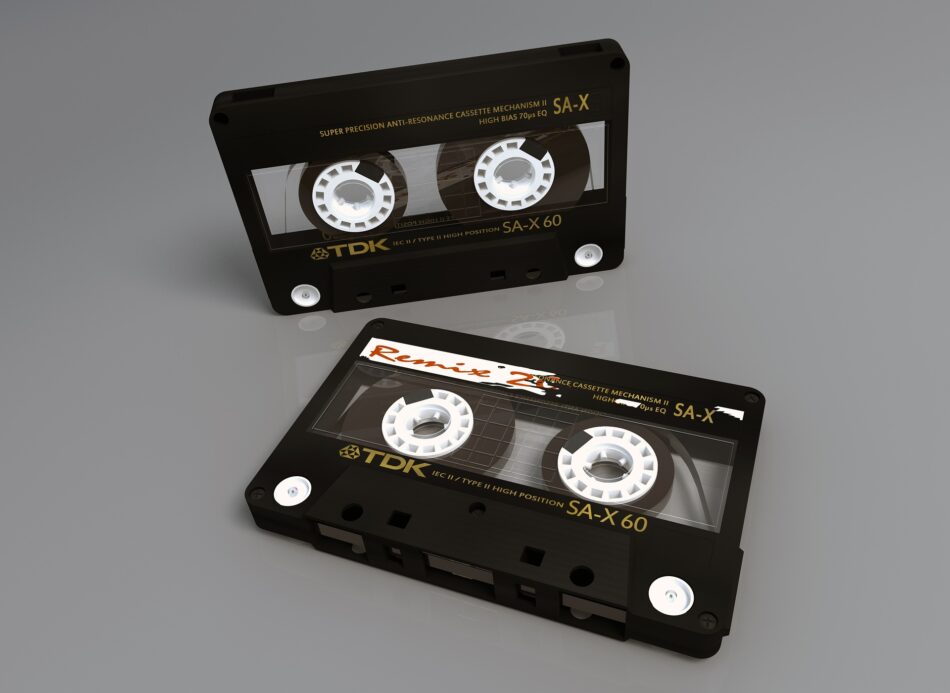Prepare Your Business for New Food Waste Legislation in the UK
From 31 March 2025, most UK businesses must arrange separate food waste collections. Learn and prepare for the new food waste legislation in the UK.

Black plastic is commonly used in everything from shampoo bottles to electronic parts. Unfortunately, disposing of and recycling black plastic isn’t as straightforward as other types of plastic. As the UK turns away from single-use plastic towards more sustainable resources, we’re looking hard at the plastics we currently use.
You might not realise it, but black plastic is one of the biggest culprits of non-recyclable plastics that’s probably already in your house and workplace. Learn more about disposing of and recycling black plastic in your home or business with this guide.
Most plastics aren’t biodegradable, which causes a problem when they enter our environment. This means many of them won’t break down and decompose like food waste when they end up in landfill or elsewhere. Sometimes they won’t degrade for centuries, if ever, which is a big problem.
More than eight million tonnes of plastic pollute our oceans every year. Most of this escapes from land, is blown into the sea from beaches and ships, or is carried by rivers. Black plastic is one of the main problem plastics.
Problem plastics are also known as unnecessary single-use plastics and are slowly being eradicated in the UK. Plastic packaging is a problem plastic when it’s:
Black plastic is simply a single-use plastic that’s black in colour. It’s most used to make microwaveable meal trays, hot drink lids, shampoo and conditioner bottles, and kitchen utensils. Due to its colour, it helps food stand out against a black background and can help hide imperfections and marks.
However, black plastic is one of the most difficult types of plastic to recycle and often ends up in landfill. This is because recycling plants use special laser technology to sort through different types of plastic, but black plastic makes it difficult for lasers to recognise it and properly sort for recycling.
Unfortunately, many supermarkets still use black plastic because it makes the colours of food stand out and appear more appealing. It can also seem like an efficient product because it’s made by mixing scrap plastic of different colours. However, this means that UK households produce 30,000 to 60,000 tonnes of black plastic waste every year.
As of 2019, many of the UK’s biggest supermarkets are now pledging to stop stocking black plastic in their product range. This is great news for the environment and for your recycling conscience. Given how much damage these problem plastics are doing to oceans and the environment, millions of UK households are turning their backs on black plastic too.
Technically black plastic can be recycled as it’s made from the same materials as other single use plastics. However, in reality you can’t recycle black plastic because the method used to colour it means sorting systems in most recycling plants can’t recognise it. This results in them being classed as residue and ending up in landfill.
Until more sophisticated optical sorting systems are in place at recycling plants that can detect black plastic, it won’t be widely recyclable. Instead, avoiding using black plastic is currently the easiest way to have a more positive environmental impact.
Unfortunately, at most recycling plants black plastic cannot be recycled. It’s worth checking with your local authority though, as some local areas are now bringing in recycling plants with optical detector lasers that can identify black plastic. Otherwise, you sadly have to dispose of black plastic with your general waste – which means it’s disposed of in landfill or by incineration.
You should always check with your local council or waste collection service first about how best to dispose of black plastic. If there are nearby plants with optical detector lasers that identify black plastic, then you can recycle it and avoid landfill. However, incorrect items in the recycling bins could mean the entire load is rejected.
Recycling black plastic coat hangers brings up the same problems as trying to recycle any other type of black plastic. Due to the pigment used, lasers can’t properly sort it and your hangers will end up in landfill or incineration if included with other plastic waste.
The best alternative to recycling black plastic coat hangers is to leave them at the point of purchase for reuse. You can also take them home to use or donate to a charity shop. Problems start with broken black plastic coat hangers, which you can’t recycle.
The best way to stop the problem of black plastic is to avoid using it at all, until it becomes easily recyclable. A few other things you can do to reduce the problem of black plastic as an individual or business are to:
Find out more about other rubbish streams.
Get a fast FREE quote for your plastic waste collection
From 31 March 2025, most UK businesses must arrange separate food waste collections. Learn and prepare for the new food waste legislation in the UK.
The study participants included business owners and company employees, revealing unexpected findings about corporate environmental practices.